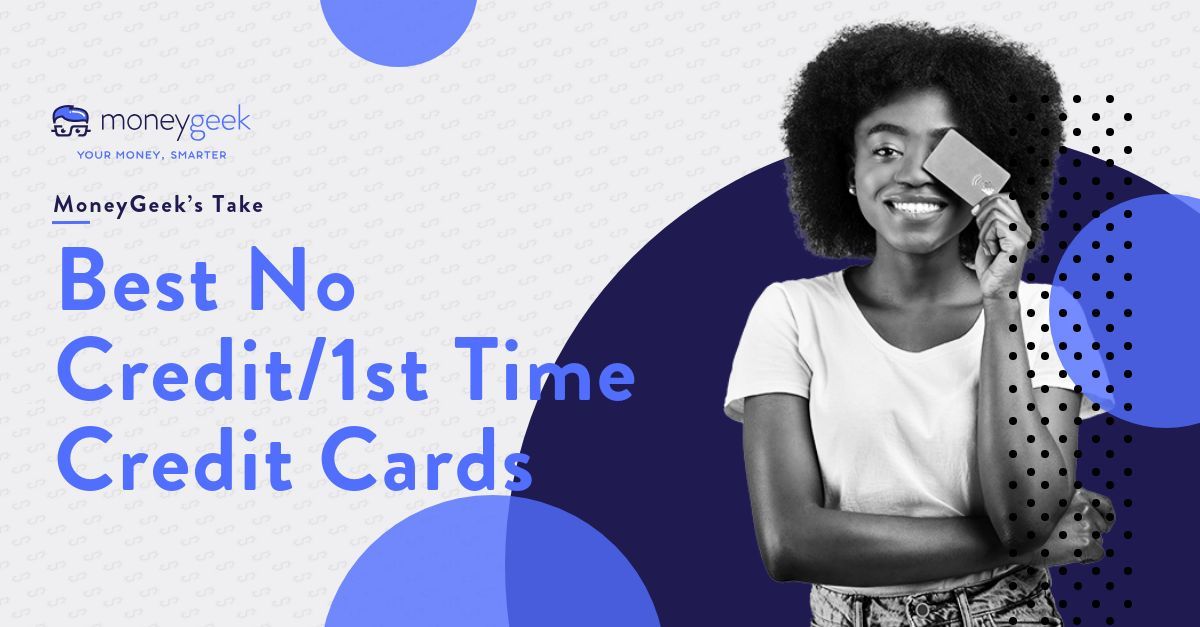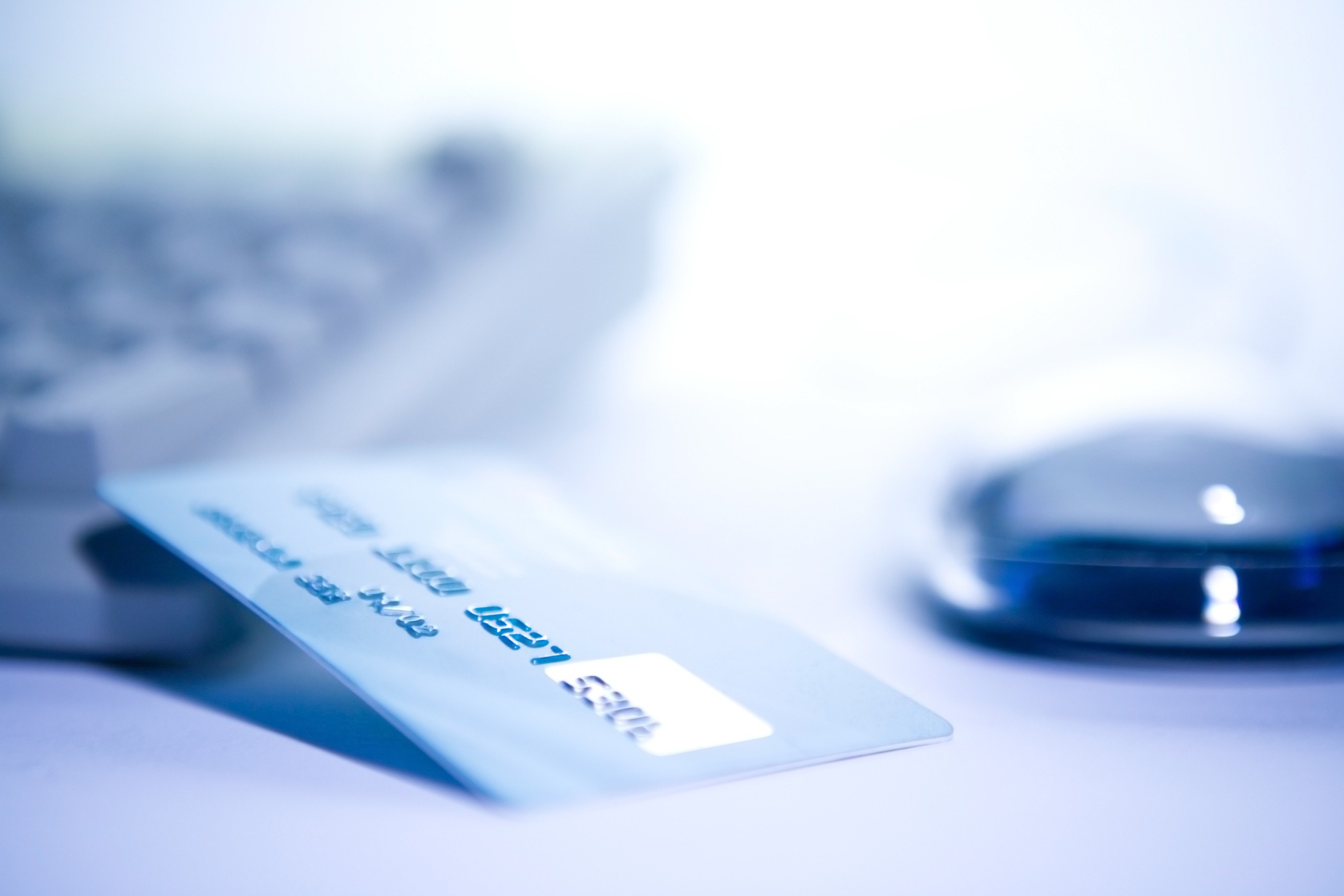Best First Time Credit Card: Your Ultimate Guide To Picking The Perfect Starter Card
Looking for the best first time credit card? You’re not alone. Millions of people are stepping into the world of credit cards for the first time, and it can feel overwhelming. But don’t sweat it—we’re here to break it down for you. Whether you’re a college student, a young professional, or someone just starting to build their financial foundation, choosing the right starter credit card is crucial. This isn’t just about plastic—it’s about building your financial future.
But here’s the thing: not all credit cards are created equal. Some come with hefty fees, sky-high interest rates, or rewards that don’t make sense for newbies. That’s why we’ve put together this ultimate guide to help you navigate the jungle of credit cards. We’ll walk you through everything from the basics to advanced tips so you can make an informed decision.
So, grab a coffee, sit back, and let’s dive into the world of credit cards. By the end of this, you’ll know exactly what to look for in your first credit card—and how to use it responsibly. Let’s get this party started!
Read also:Benny Blanco Songwriting Partners The Untold Stories Behind The Hits
Why a First-Time Credit Card Matters
Alright, let’s get real here. A credit card isn’t just a piece of plastic—it’s a tool that can either build or break your financial future. For many, a first-time credit card is their first step into the world of credit. It’s like your financial passport, helping you establish a credit history that lenders, landlords, and even employers will look at.
But why does this matter? Well, having a good credit score opens doors. It can help you secure lower interest rates on loans, get approved for apartments, and even land better insurance rates. On the flip side, mismanaging your first credit card can lead to a bad credit score, which can haunt you for years. So, choosing the right card is kinda a big deal.
Now, before we dive deeper, let’s talk about the types of cards available for first-timers. There are student cards, secured cards, and unsecured cards—all designed with different goals in mind. We’ll break these down in the next section, but for now, just know that the best first-time credit card depends on your specific situation. Are you ready? Let’s go!
Types of First-Time Credit Cards
Student Credit Cards
If you’re in college or a recent grad, student credit cards could be your best bet. These cards are specifically designed for students who might not have an extensive credit history yet. They usually come with lower credit limits and fewer fees, making them perfect for beginners. Plus, many offer perks like cashback on textbooks, travel discounts, or even rewards for maintaining good grades. Yeah, you heard that right—some cards reward you for being smart in more ways than one!
Secured Credit Cards
Secured credit cards are another great option for first-timers. Unlike regular credit cards, secured cards require a security deposit, which usually becomes your credit limit. For example, if you put down $200, your credit limit will be $200. This deposit reduces the risk for the lender, making it easier for people with no or limited credit history to get approved. Over time, as you use the card responsibly, you can graduate to an unsecured card and get your deposit back. Think of it like a financial stepping stone.
Unsecured Credit Cards
Unsecured credit cards don’t require a security deposit, but they can be harder to qualify for if you’re new to credit. However, some issuers offer starter unsecured cards with low limits and minimal fees. These are great if you have a steady income and want to start building credit without tying up cash as a deposit. Just remember, the key to success with any credit card is using it wisely and paying your bills on time.
Read also:Desiree Garcia Leak Unveiling The Truth Behind The Controversy
Factors to Consider When Choosing the Best First-Time Credit Card
Now that you know the types of cards available, let’s talk about what to look for when choosing the best first-time credit card. Here are the top factors to consider:
- Annual Fees: Some cards charge annual fees, while others don’t. For first-timers, it’s usually best to start with a no-fee card so you don’t add unnecessary expenses to your budget.
- Interest Rates: The APR (Annual Percentage Rate) is the interest you’ll pay if you carry a balance. Look for cards with low APRs, especially if you think you might not pay off your balance in full each month.
- Rewards: Many cards offer rewards like cashback, travel points, or statement credits. While these can be tempting, make sure the rewards align with your spending habits. For example, if you don’t travel much, a card with travel rewards might not be the best choice.
- Credit Limit: Your credit limit affects your credit utilization ratio, which is a big factor in your credit score. A lower limit is fine for starters, but aim for a card that offers the potential to increase your limit as you build credit.
These factors might seem overwhelming at first, but trust us, they’re worth considering. The right card can save you money and help you build credit faster. Now, let’s take a closer look at some specific cards that fit the bill.
Top Picks for the Best First-Time Credit Cards
Discover it® Student Cash Back
This card is a fan favorite among students for a reason. It offers 5% cash back in rotating categories, 1% cash back on all other purchases, and a $20 cash back bonus if you maintain a GPA of 3.0 or higher. Plus, there’s no annual fee, and Discover will match all the cash back you earn at the end of your first year. Not too shabby, right?
Capital One Journey Student Rewards Credit Card
Another solid choice for students, this card offers 1% cash back on all purchases, which increases to 1.25% after you make your first five monthly payments on time. It also comes with a $0 fraud liability policy and no annual fee. Bonus points for its free credit score tracker, which helps you monitor your progress.
Secured Mastercard® from Capital One
For those who prefer a secured card, this one’s a great option. It requires a refundable security deposit of $49, $99, or $200, depending on your creditworthiness. After making on-time payments for five months, you could qualify for an unsecured credit line increase. Plus, there’s no annual fee, and it reports to all three major credit bureaus.
How to Use Your First Credit Card Responsibly
Alright, you’ve picked the perfect card—now what? Using your first credit card responsibly is key to building a strong credit score. Here are some tips to help you stay on track:
- Pay on Time: This is the single most important thing you can do. Late payments can hurt your credit score big time, so set up automatic payments if you need to.
- Keep Balances Low: Aim to use no more than 30% of your available credit. For example, if your limit is $500, try not to spend more than $150 at a time.
- Avoid Cash Advances: These often come with high fees and interest rates, so it’s best to steer clear unless it’s an absolute emergency.
- Monitor Your Statements: Check your statements regularly for errors or fraudulent charges. Most issuers offer free apps that make this super easy.
Remember, your first credit card is a tool, not a toy. Use it wisely, and it’ll pay off in the long run. Literally.
Common Mistakes to Avoid with Your First Credit Card
Even the best-laid plans can go awry if you’re not careful. Here are some common mistakes to avoid with your first credit card:
- Maxing Out Your Card: It might be tempting to use your full credit limit, but this can hurt your credit score. Keep your utilization low to stay on the right track.
- Ignoring the Fine Print: Make sure you read the terms and conditions of your card. You don’t want to be caught off guard by unexpected fees or rate hikes.
- Missing Payments: Late or missed payments can ding your credit score and lead to fees. Set reminders or automate payments to stay on top of things.
These mistakes might seem obvious, but they’re easy to fall into if you’re not paying attention. Stay vigilant, and you’ll avoid these pitfalls.
Building Credit with Your First-Time Credit Card
Now that you know how to use your card responsibly, let’s talk about building credit. Your credit score is like a financial report card, and it’s based on several factors, including payment history, credit utilization, length of credit history, and more. Here’s how your first credit card can help:
- Payment History: Paying your bills on time accounts for 35% of your credit score. Consistent on-time payments will boost your score over time.
- Credit Utilization: As we mentioned earlier, keeping your balances low helps improve your credit utilization ratio, which makes up 30% of your score.
- Length of Credit History: The longer you’ve had credit accounts open, the better it looks on your report. Stick with your first card for the long haul if possible.
Building credit takes time, but with the right habits, you’ll see progress in no time. Just remember, patience is key.
Final Thoughts: Your Journey Starts Here
Choosing the best first-time credit card is a big decision, but with the right information, it doesn’t have to be stressful. Whether you go with a student card, secured card, or unsecured card, the key is to use it responsibly and build a strong financial foundation. Remember, your credit card is just one piece of the puzzle. Combine it with smart spending habits, a solid budget, and regular monitoring, and you’ll be well on your way to financial success.
So, what are you waiting for? Take the first step today. Pick the card that fits your needs, use it wisely, and watch your credit score soar. And don’t forget to share this article with your friends who might be starting their credit journey too. Together, we can all build a brighter financial future!
Table of Contents
- Why a First-Time Credit Card Matters
- Types of First-Time Credit Cards
- Factors to Consider When Choosing the Best First-Time Credit Card
- Top Picks for the Best First-Time Credit Cards
- How to Use Your First Credit Card Responsibly
- Common Mistakes to Avoid with Your First Credit Card
- Building Credit with Your First-Time Credit Card
- Final Thoughts: Your Journey Starts Here



